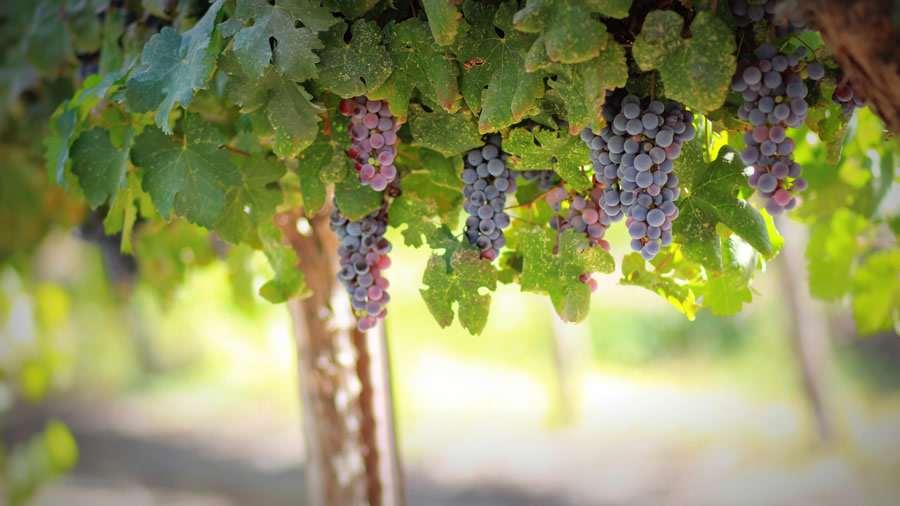
“I Am The Vine, You Are The Branches.”
04-28-2024Weekly ReflectionFr. Manasseh Iorchir, VCPart of what the Acts of the Apostles offers us in a most profound way is a fairly chronological exposition on the origins of the Church, how the young band of disciples grew into a formidable group of believers, how they encountered and handled setbacks, and how their connection, and their witness to, the resurrected Christ and the endowment of the Holy Spirit sprinted them into a formidable force for positive change in their time.
We know that their firm conviction in that Jesus was the promised Messiah, the uncompromisable belief that He had risen from the dead, and the enabling empowerment by the Holy Spirit emboldened the early believers to resolutely seek the salvation of the souls and the proselytization of the Christian faith in its early beginnings. If we want to imitate their effectiveness and consequently mirror their successes and faithfulness, we ought to attempt a meticulous deciphering of other factors. For example, what they did, or did not do, that worked in their favor as they made concerted efforts to take the Gospel to the ends of the earth.
The First Reading at the Liturgy this weekend offers us a glimpse into the inner workings of the early Body of Christ revealing some of the things that made their witness fruitful even in the midst of persistently daunting challenges. Saul, who used to persecute the Church had just become Paul following his encounter with Jesus as he was going to Damascus in search of Christians to apprehend and bring to justice. When he returned to Jerusalem, he desired and attempted to mingle with the fellow believers there but met some resistance since he was famous for the wrong reasons and news of his recent conversion was still being treated with justifiable apprehension. It was at this point that Barnabas came to his aid, staking his own credibility by introducing Paul the new convert to the community in Jerusalem, offering for him a favorable recommendation and taking steps to ensure his personal security when the Hellenists made an attempt to unlife him. This same Barnabas would later go to Tarsus to fetch Paul and bring him to Antioch when he found a flourishing Church that was in need of Paul’s talents (Acts 11:25-26) and accompanied Paul in his first missionary journey. By doing this, Paul brought to the fore the collaboration and concern for each other’s welfare that flourished among the early believers. The action of Barnabas also suggests that the early Church practiced some kind of mentorship in the sharing of their faith experience. If we desire to re-enact the Apostolic success of the early Church, we must seek to be true branches of Jesus the Vine by staying connected to Him and loving one another (John 13:35). A believer who professes faith in Christ, and yet feels no concern for the wellbeing (spiritual, emotional and material) of others, is not worthy of the name Christian at all. The easiest way to go to heaven is to walk holding Jesus’s hand on one side and that of your brethren on the other. That way you walk the stormy road to heaven balanced.
Our love for each other and the fruits of positive change that this mutual love bears in the world is what Jesus reminds us of in the Gospel passage at the Liturgy this weekend. Christ is the vine, we are the branches. Just as the branches that stay connected to the vine derive nutrients from the vine and so remain very likely to bear good fruits, so shall we bear fruits of love that will transform the world if we abide in Christ and learn the lesson of sacrificial love that He has taught us.
May God the Father continue to prune us with His Word so that, deriving spiritual strength from Christ the vine, we may bear good fruits that will last.
Please be kind and may God bless you.
Fr. Manasseh
BACK TO LIST